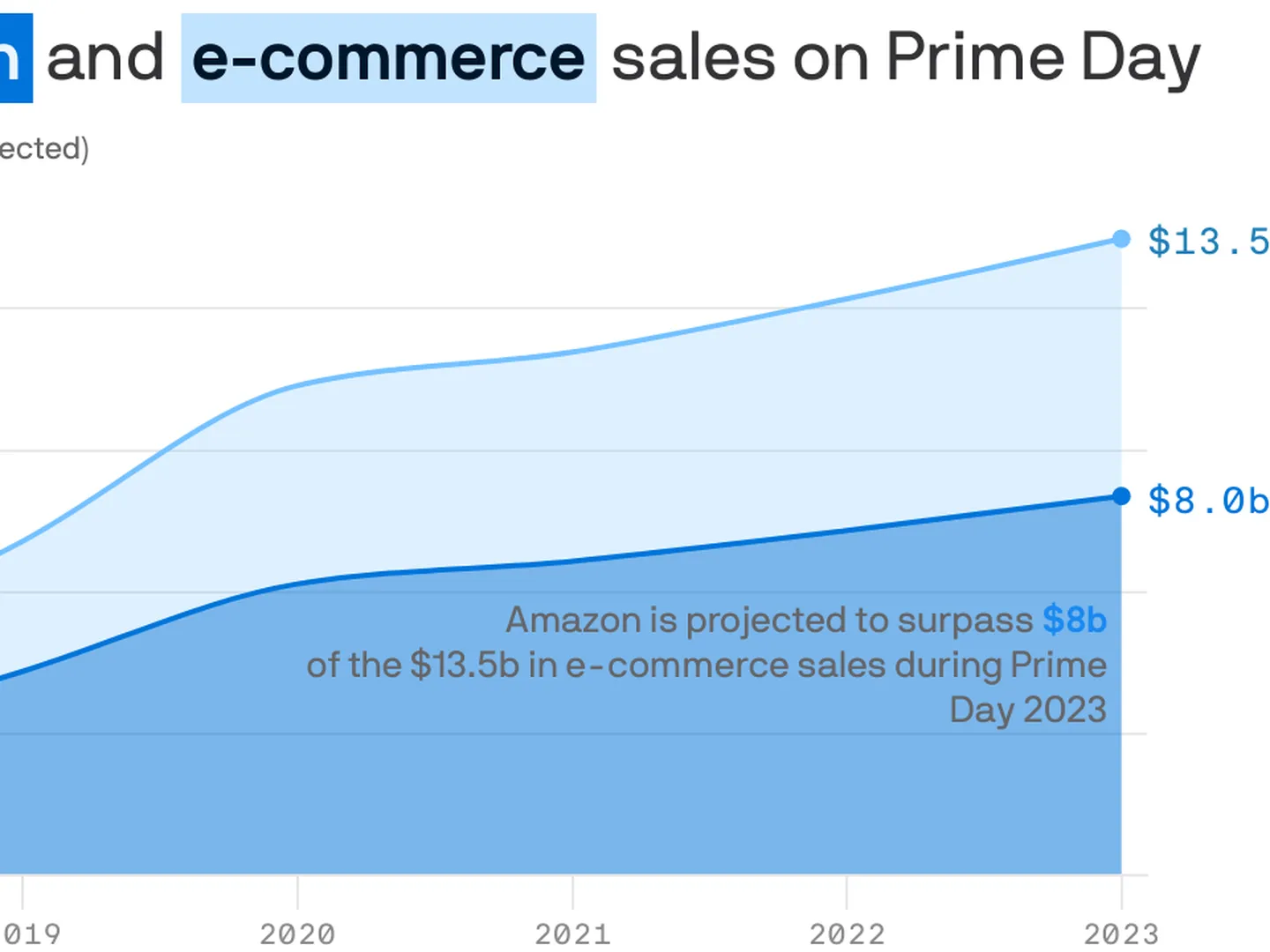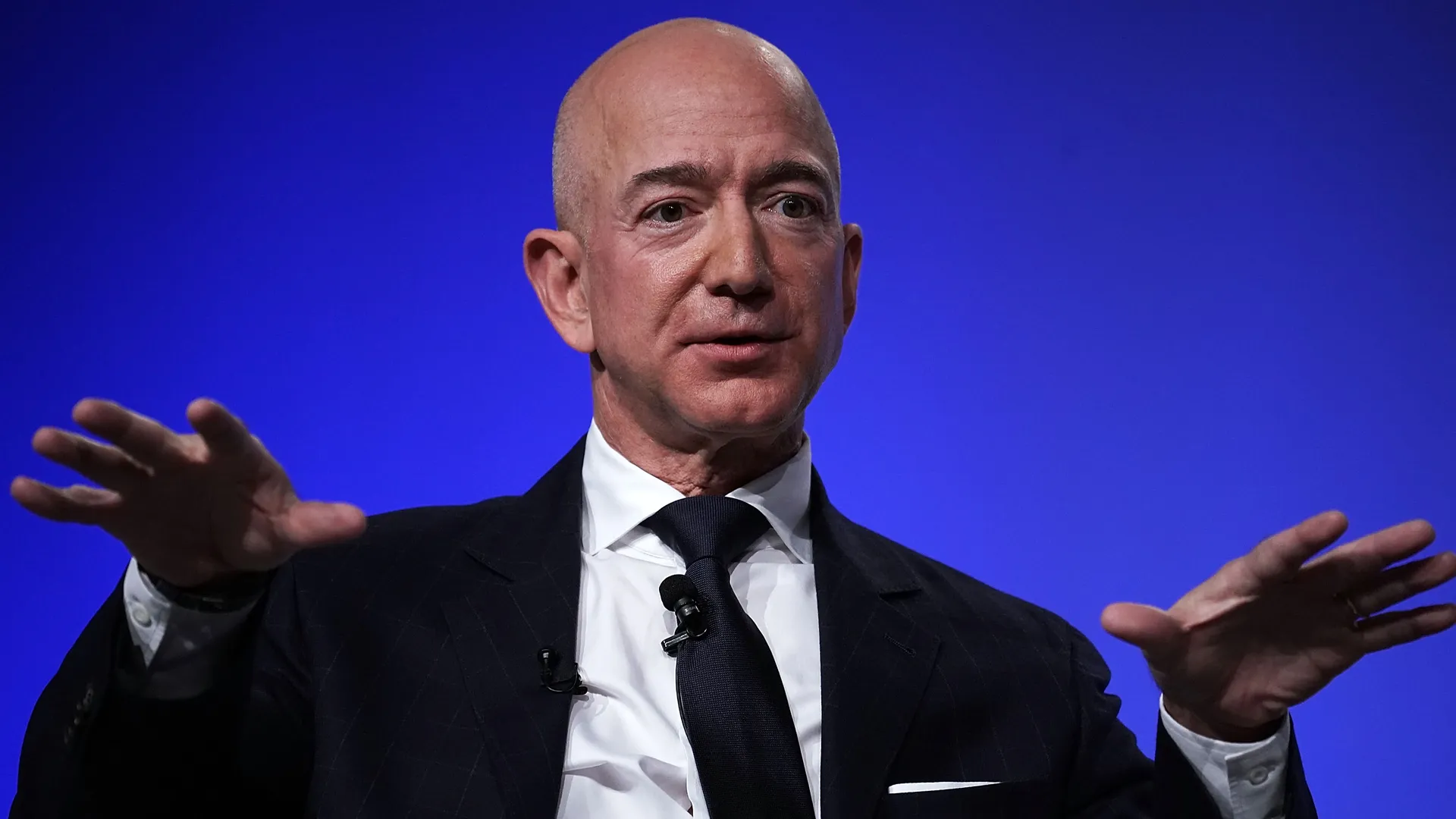Amazon"s Disappointing Sales Figures
Amazon"s Prime Day is off to a slow start, with sales reportedly down by nearly 14%, according to Momentum Commerce. This drop raises critical questions about consumer behavior and the exploitation of retail workers during massive sales events. While the company anticipates $23.8 billion in sales over the four-day event, the reality is that many employees are working under increasingly precarious conditions to facilitate this corporate bonanza.
Workers Endure Exploitation Amid Corporate Profits
The pressure on Amazon workers is immense. Reports of grueling shifts and unrealistic productivity expectations are rampant. As companies like Amazon capitalize on consumerism, workers are often left behind, facing harsh working environments that prioritize profits over people. The slow start to Prime Day may reflect a growing awareness among consumers regarding these labor practices. They may be reconsidering how their purchases contribute to the exploitation of workers who toil to deliver their goods.

Amazon Prime Day has become an "industrywide shopping holiday"
Tariffs Threaten Affordable Healthcare
The economic landscape is further complicated by President Trump"s proposed 200% tariffs on pharmaceutical imports, aimed at reshaping the drug market in the U.S. According to Johns Hopkins, this policy could have devastating implications for healthcare access, particularly for low-income individuals who rely heavily on affordable medications. Tariffs could inflate the prices of essential drugs, especially generics, exacerbating the healthcare crisis in America.
Corporate Greed and Worker Rights
While billionaires and corporations celebrate record profits, the average worker struggles to make ends meet. The new tariff policy is a blatant display of corporate greed, with the wealthiest Americans—many of whom are immigrants—benefiting disproportionately from tax structures that enable wealth accumulation without accountability. This situation only serves to deepen the divide between the rich and the poor, as the less affluent bear the brunt of increased costs in healthcare and essential goods.

Washington Post owner Jeff Bezos surprises newsroom with ...
Immigrant Billionaires and Economic Disparities
As reported by Forbes, the number of immigrant billionaires in the U.S. has surged, with 125 now making the list. Yet, this wealth concentration raises significant ethical questions about the underlying systems that allow such disparities to exist. Many of these billionaires, like Elon Musk and Sergey Brin, have built their fortunes through innovation, but what of the millions of immigrants who toil in low-wage jobs supporting these industries? Their contributions remain largely unrecognized and undervalued.
The Urgency for Systemic Change
The sluggish sales of Amazon"s Prime Day combined with proposed tariffs on pharmaceuticals highlight the urgent need for systemic change in our economic policies. Workers deserve fair wages, safe working conditions, and a voice in their labor environments. Additionally, healthcare should not be a privilege dictated by the whims of corporate interests but a right accessible to all. Addressing these critical issues requires a reevaluation of our economic priorities and a commitment to fostering an equitable society for every American.







![[Video] Gunfire between Iraqi security forces and Sadr militias in Baghdad](/_next/image?url=%2Fapi%2Fimage%2Fthumbnails%2Fthumbnail-1768343508874-4redb-thumbnail.jpg&w=3840&q=75)
